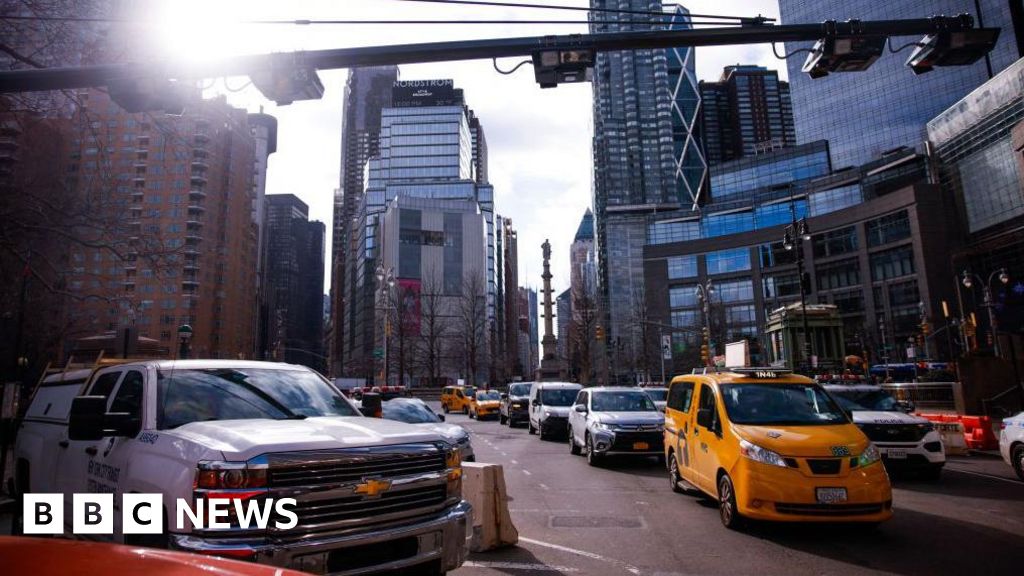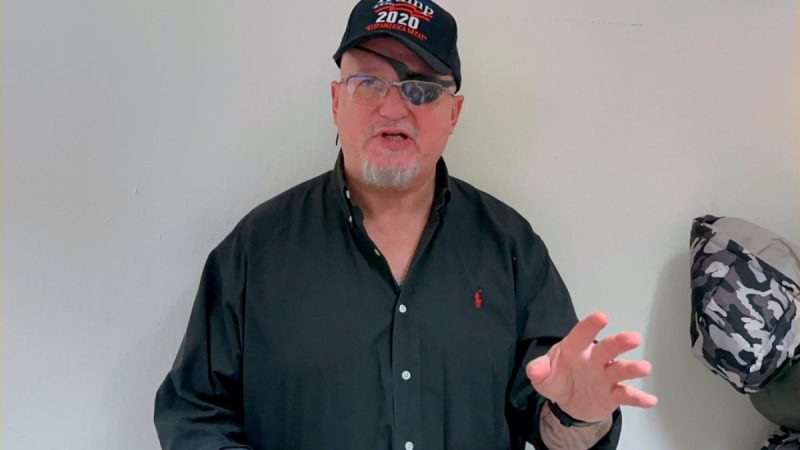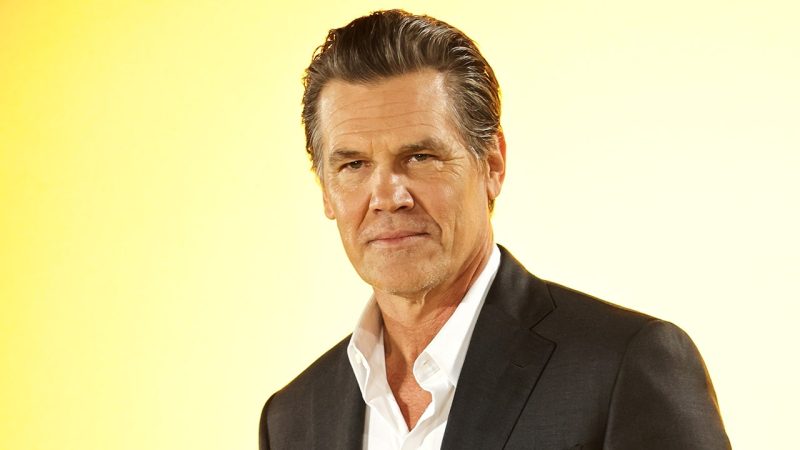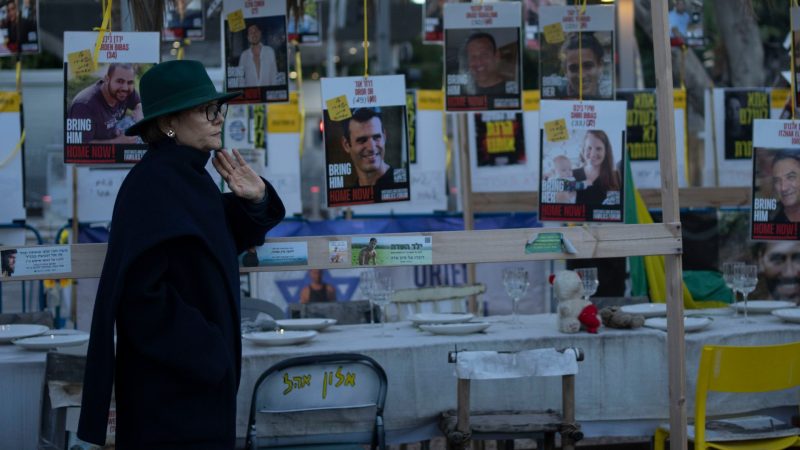New York becomes first US city with congestion charge

The first congestion charge scheme for vehicles in the US has come into effect in New York City.
Car drivers will pay up to $9 (£7) a day, with varying rates for other vehicles.
“The system has been in operation since midnight [05:00 GMT Sunday],” Janno Lieber, CEO of the Metropolitan Transit Authority (MTA), told reporters.
Four hundred lanes of traffic are now covered by more than 1,400 cameras, with more than 110 detection points and more than 800 signs, he said.
President-elect Donald Trump is among those resisting the scheme, but Mr Lieber said he was confident agreements with the government would “stand up to changes of administration”.
The congestion zone covers an area south of Central Park, taking in such well-known sites as the Empire State Building, Times Square and the financial district around Wall Street.
The scheme aims to ease New York’s notorious traffic problems and raise billions for the public transport network.
New York state Governor Kathy Hochul made the case for a congestion charge two years ago, but it was delayed and revised following complaints from some commuters and businesses.
The new plan revives one scheme that she paused in June, saying there were “too many unintended consequences for New Yorkers”.
Most drivers will be charged $9 once per day to enter the congestion zone at peak hours, and $2.25 at other times.
Small trucks and non-commuter buses will pay $14.40 to enter Manhattan at peak times, while larger trucks and tourist buses will pay a $21.60 fee.
Hours after the scheme began traffic was moving briskly along the northern edge of the congestion zone at 60th Street and 2nd Avenue, the Associated Press reports.
Many motorists seemed unaware that the newly activated cameras, set along the arm of a steel gantry above the street, would soon send a new charge to their E-Z Passes, it says.
“Drivers are going to start to see the toll charges appearing on their E-Z Pass bills in a few days,” Mr Lieber said later.
The charge has encountered plenty of opposition.
“Are you kidding me?” New Jersey estate agent Chris Smith asked, speaking to AP. “Whose idea was this? Kathy Hochul? She should be arrested for being ignorant.”
The most high-profile opposition has come from Trump, a native New Yorker who has vowed to kill the scheme when he returns to office this month.
Local Republicans have already asked him to intervene.
Congressman Mike Lawler, who represents a suburban district just north of New York City, asked Trump in November to commit to “ending this absurd congestion pricing cash grab once and for all”.
A judge denied an 11th-hour effort on Friday by New Jersey state officials to block the scheme on grounds of its environmental impact on adjoining areas.
Last year, New York City was named the world’s most-congested urban area for the second year in a row, according to INRIX, a traffic data analysis firm.
Vehicles in downtown Manhattan drove at a speed of 11mph (17km/h) during peak morning periods in the first quarter of last year, the report said.
Among those welcoming the new scheme was Phil Bauer, a surgeon who lives in midtown Manhattan.
“I think the idea would be good to try to minimise the amount of traffic down and try to promote people to use public transportation,” he told AP.





